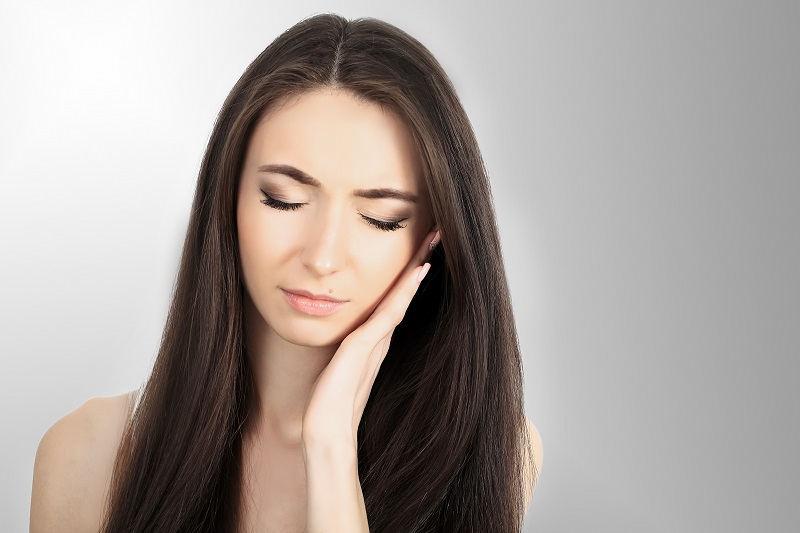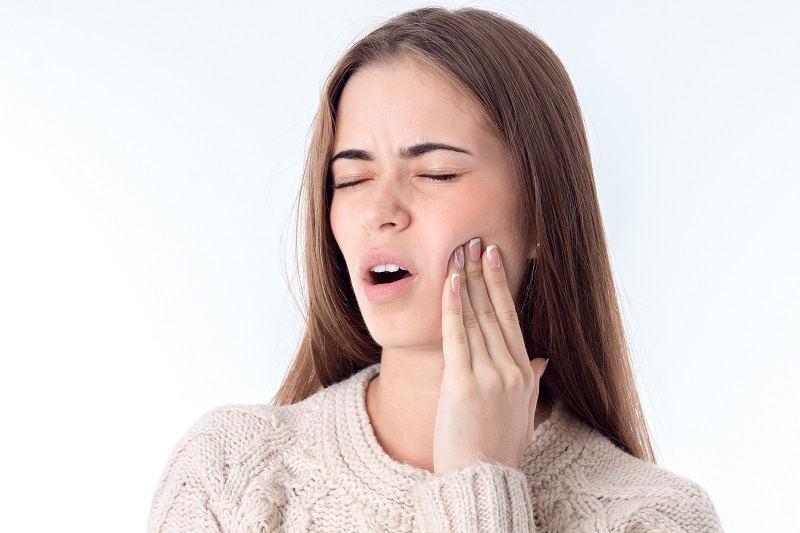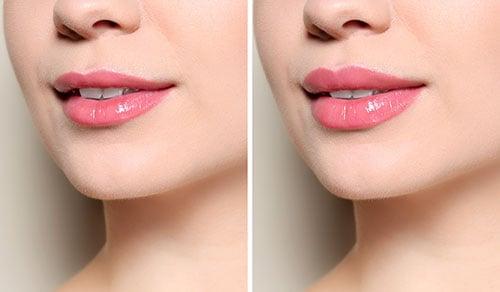Understanding jaw clicking causes and treatment options
Jaw clicking is a kind of painful, grinding, and popping sound in the mouth. It is not always a serious problem, but sometimes it does indicate that you have a TMJ problem. If it is a persistent occurrence with you, you should seek the advice of a doctor. It is more often seen in women than in men because the collagen in the TMJ is different as well as hormonal differences. In this case, you can consult with your doctor and they can prescribe some medicines and exercise for this problem.
What is TMJ?
TMJ is the temporomandibular joint, and it is the hinge which connects the jaw with the temporal bones in the skull. The bones are situated at the front of your ears. Their function is to allow you to open your mouth and move it from one side to the other. If you face any kind of pain in this portion then you can consult with some ENT (ear, nose and throat) surgeon and they can identify the exact problems. Sometime, jaw bone can be fractured or doctor can find uneven growth of these bones which are one of the major causes of the Jaw clicking. In this case, you need to go for some surgery only.
What is TMD?
Any kind of problem with the jaw and the muscles in the face, which control the jaw, are known as temporomandibular disorders, or TMD. Sometimes it is wrongly called TMJ in layman’s language, after the temporomandibular joint, but it is not the right medical term to use.
What causes jaw clicking?
It is not exactly known why jaw clicking occurs. A lot of dentists are of the opinion that these symptoms arise from muscle problems situated near the jaw, or with different parts of the joint itself.
- Clenching and grinding the teeth frequently, this put a considerable amount of pressure on the joint.
- There is a disc in the ball and socket joint of the TMJ. Movement of this disc from its usual place can cause jaw clicking
- There might be arthritis in the joint. You should do some exercise to recover from this pain and you can consult with some physiotherapist in this regard.
What are the symptoms of TMD?
The symptoms of temporomandibular disorder include:
- There would be pain and tenderness in the facial area, including the jaw joint, and the neck.
- You might face problems while opening the mouth.
- Jaw clicking, grating or a ‘pop’ when you open and close the mouth to chew, it might or might not be painful and depends from one person to the next.
- There could a tired feeling in the face.
- Swelling on the sides of the face.
- Toothaches and headaches, dizziness or ear aches, hearing problems, and ringing in the ears.
Diagnosis:
Whether you experience TMD or TMJ, you need a trip to the dentist. He’ll ask for medical history and the specifics associated with the particular problem. Then he will perform a detailed examination including observance of the jaw in motion, and feeling for swelling and tenderness in the face. He might suggest a panoramic x-ray scan which will help him to see if there has been serious joint damage.

Treatment:
It is strongly advised against invasive surgery for jaw clicking, unless called upon as a last resort and these cases are extremely rare. Instead, the following must be tried:
- Try and eat soft food to ease the pressure on the joint
- Alternate application of ice and moist heat upon the joint.
- Avoiding excessive jaw movements.
- Stress reduction techniques
- Gentle stretching exercises as advised by dentist
Apart from that, you should consult with the doctor first, and then you can follow the treatment prescribed by the doctor only.






